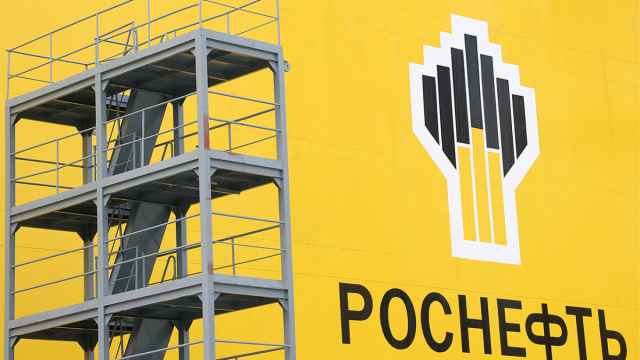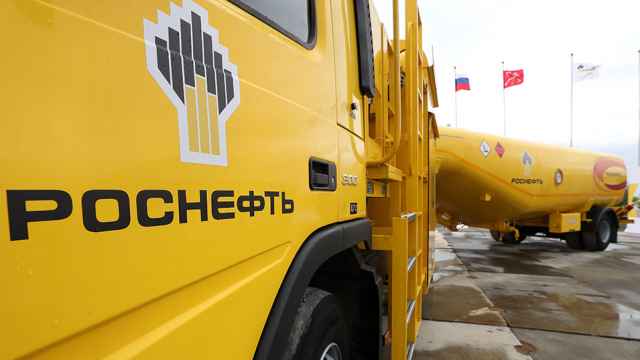Venezuela is considering handing “full control” of its beleaguered state oil company to Russia’s Rosneft, according to reports in a Venezuelan newspaper cited by Russian media.
In exchange, Russia could offer debt relief to Venezuela, El Nacional reports, citing sources inside the Venzuelan oil industry.
The deal has reportedly been welcomed in Russia, and Rosneft is said to have sent technical teams to Venezuela to prepare to step-up its involvement with national oil giant PDVSA. El Nacional says the transfer would not amount to privatization of the company, and it is unclear what the legal mechanism for any deal would be.
Rosneft said the proposals were “rumors” and refused to comment further.
“Frankly speaking, it seems strange,” Alexander Korolkov, an expert at the Russian International Affairs Council (RIAC) told The Moscow Times.
“For me, there are more questions than answers around these rumors. Why do they want to give control to Rosneft? They owe much more to China than to Russia.”
“And I’m not sure that Rosneft really needs this kind of a ‘gift’. ‘Control’ here may mean not direct control over the business but a new level of coordination on the oil market. I suppose there might be an advisory team from Rosneft giving support to the locals in terms of reforms.”
Any change in the control structure at PDVSA would need to be approved by Venezuela’s National Assembly — the country’s parliament, which is controlled by the main opponent to President Nicolas Maduro, Juan Guaido. Following a disputed election in January 2019, more than 50 countries recognised Guaido as acting president of Venezuela, including the United States and most of Latin America and Europe, while Russia and around 20 other states continued to back Maduro.
A Message from The Moscow Times:
Dear readers,
We are facing unprecedented challenges. Russia's Prosecutor General's Office has designated The Moscow Times as an "undesirable" organization, criminalizing our work and putting our staff at risk of prosecution. This follows our earlier unjust labeling as a "foreign agent."
These actions are direct attempts to silence independent journalism in Russia. The authorities claim our work "discredits the decisions of the Russian leadership." We see things differently: we strive to provide accurate, unbiased reporting on Russia.
We, the journalists of The Moscow Times, refuse to be silenced. But to continue our work, we need your help.
Your support, no matter how small, makes a world of difference. If you can, please support us monthly starting from just $2. It's quick to set up, and every contribution makes a significant impact.
By supporting The Moscow Times, you're defending open, independent journalism in the face of repression. Thank you for standing with us.
Remind me later.






